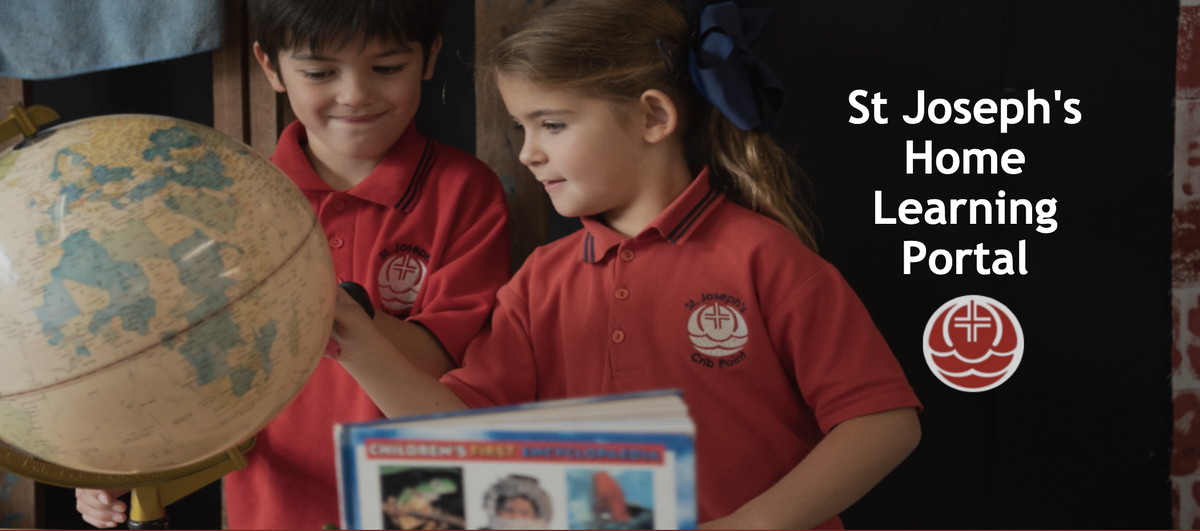Learning &
Teaching.
Susanne Jackson

Learning &
Teaching.
Susanne Jackson
Everyone can learn maths to high levels! There is a common myth held by millions of students, teachers and parents – that some people have a “maths brain” and some do not. This idea holds people back on a daily basis. But this myth has been disproven by brain science which shows that brains grow and change and that no one is born with or without a maths brain. Mathematical pathways form in the brain through learning.
When learning happens the brain responds in one of three ways:


It is very important to communicate this new science to students and help students understand that they can learn any school mathematics if they put in effort and believe in themselves. To build this belief in students, teachers use growth mindset praise that promotes effort and not intelligence.
When working with you children at home try changing your language.


Vocabulary refers to the words children need to know to understand what they hear and read, and to communicate. Vocabulary is the most powerful predictor of reading comprehension. Knowing what words mean is essential if your child is to understand what they have read. There is evidence that improving vocabulary before age six is very highly associated with literacy success in late primary school and even into mid secondary school. Adults play a significant role in the development of a child’s vocabulary. Through everyday conversation and by reading to children, parents and caregivers can introduce a variety of new words. Children learn new words when they: hear a word repeatedly; hear words spoken by the important people in their lives; and hear words in a meaningful context – during conversation at dinner, in the car, while playing and while reading. Young children benefit from exposure to lots of words. As children grow, they benefit from hearing a variety of sophisticated words, and having those words explained to them.
Below are some simple and effective ideas for developing your child’s vocabulary.
When introducing new words to your child, keep the following hints in mind:
● First, provide a simple, child-friendly definition for the new word: “Enormous means that something is really, really big.”
● Second, provide a simple, child-friendly example that makes sense within their daily life: “Remember that really big watermelon we got at the fruit shop? That was an enormous watermelon!”
● Third, encourage your child to give their own example: “What enormous thing can you think of? Can you think of something really big that you saw today? That's right! The bulldozer near the park was enormous! Those tires were huge.”
Don't forget to check out what is happening in learning at St Joseph's. Just click the link below to go to our Home Learning Portal


Click on the links below to go straight to your child's Learning Community page.